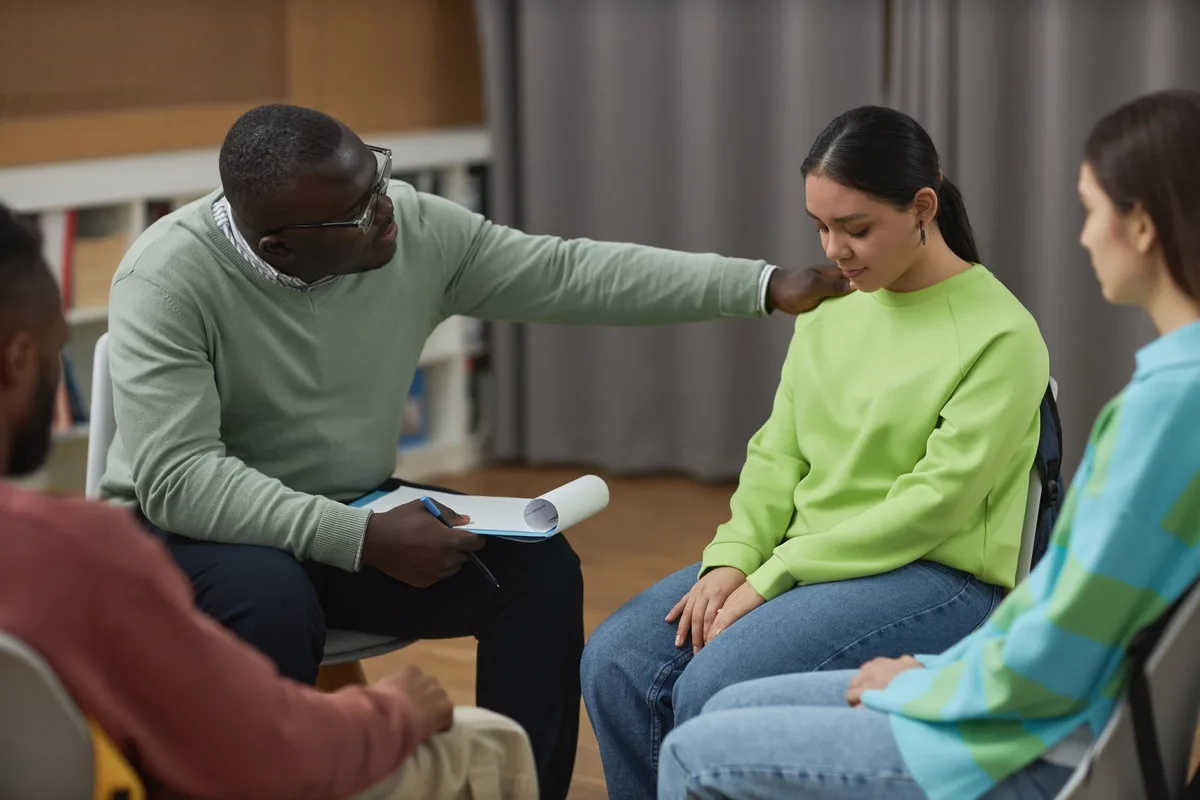24/7 Helpline:
(866) 899-221924/7 Helpline:
(866) 899-2219
Learn more about Ecstasy Rehab centers in Boyne City
Ecstasy Rehab in Other Cities

Other Insurance Options

Horizon Healthcare Service

Multiplan

Aetna

Choice Care Network

UMR

State Farm

Kaiser Permanente

Regence

Access to Recovery (ATR) Voucher

Providence

Humana

Holman Group

United Health Care

WellPoint

Self-pay options

Magellan Health

PHCS Network

Excellus

Anthem

MVP Healthcare




Bear River Health at Walloon Lake
Bear River Health is located in Boyne Falls, Michigan. Bear River Health is Northern Michigan's newe...

Bergmann Center
Bergmann Center is a private rehab located in Charlevoix, Michigan. Bergmann Center specializes in t...

North Country Mental Health
North Country Mental Health is a public rehab located in Charlevoix, Michigan. North Country Mental ...

BASES Recovery Center
BASES Recovery Center was founded in 1993 as a private, non-profit, licensed substance abuse provide...

Alano Club
Alano Club is a non-profit rehab located in Charlevoix, Michigan. Alano Club specializes in the trea...

Family Services League – Chemical Dependency
Family Services League – Chemical Dependency is a private rehab located in Bay Shore, New York. Fami...

Family Service League – West Team
Family Service League – West Team is a private rehab located in Bay Shore, New York. Family Service ...





















Harbor Hall
Harbor Hall is a nonprofit rehab located in Charlevoix, Michigan. Harbor Hall provides professional ...

AA – Alcoholics Anonymous
AA – Alcoholics Anonymous is a non-profit rehab located in Bay Shore, New York. AA – Alcoholics Anon...















